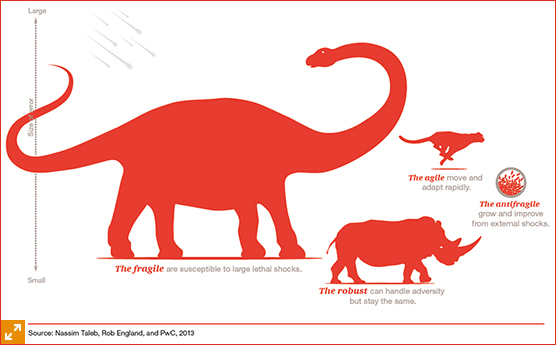According to The Globe and Mail, Alibaba’s retail record has been broken today-$9.3 billion in USD on China’s Single’s Day. Born on this day, I have little idea how this semi-jocular festival has evolved into a national shopping jubilee over the last decade, but I truly feel that convenient transport, large consumer base and increasing wealth have made the giant in e-commerce. A question, however, has hovered in my head for a long time: Can this model be replicated in Canada?
When I first shopped online in Canada, I was astonished by high shipping charge and delivery procrastination. I conceived that Canada’s e-commerce had much room for improvement. As I learned progressively in COMM 101, however, my view has changed.
Firstly, I believe that Canada’s small population and high labor cost prevent rapid development in online retail. Consider cost of transport. In China, shipping cost can be very low, because labor cost is low and many deliveries can be made at once-Density of population is high especially in major cities. I recall high-rise apartment buildings in Shenzhen-In Vancouver we have nothing in comparison, not because Canada cannot build them, but because Canada does not need them.
Secondly, wide availability of cars and absence of congestion make shopping a less grueling activity for Canadians. In China, less developed cities see fewer people with cars, while large cities are constantly plagued with traffic jams.
Thirdly, after seeing Canadians’ focus on practical utility, I do not believe that Canadians have high demand for what Chinese typically buy, such as non-luxury clothes with varied design and accessories. I have been to some malls and was astonished by them selling mostly the same brands. This does not happen in China.
I believe, however, that Canada’s online retailing business still has much to explore on accessibility of varied goods that physical shops already offer. In the area of e-commerce, Canada needs to learn from Asian countries.
Reference: Alibaba: A retail colossus flexes its muscles
<http://www.theglobeandmail.com/report-on-business/alibaba-singles-day-sales-break-past-8-billion/article21538437/>
Image Source: http://wei-ukconsulting.co.uk/wp-content/uploads/2014/11/Singles-Day-Chart.jpg





Recent Comments